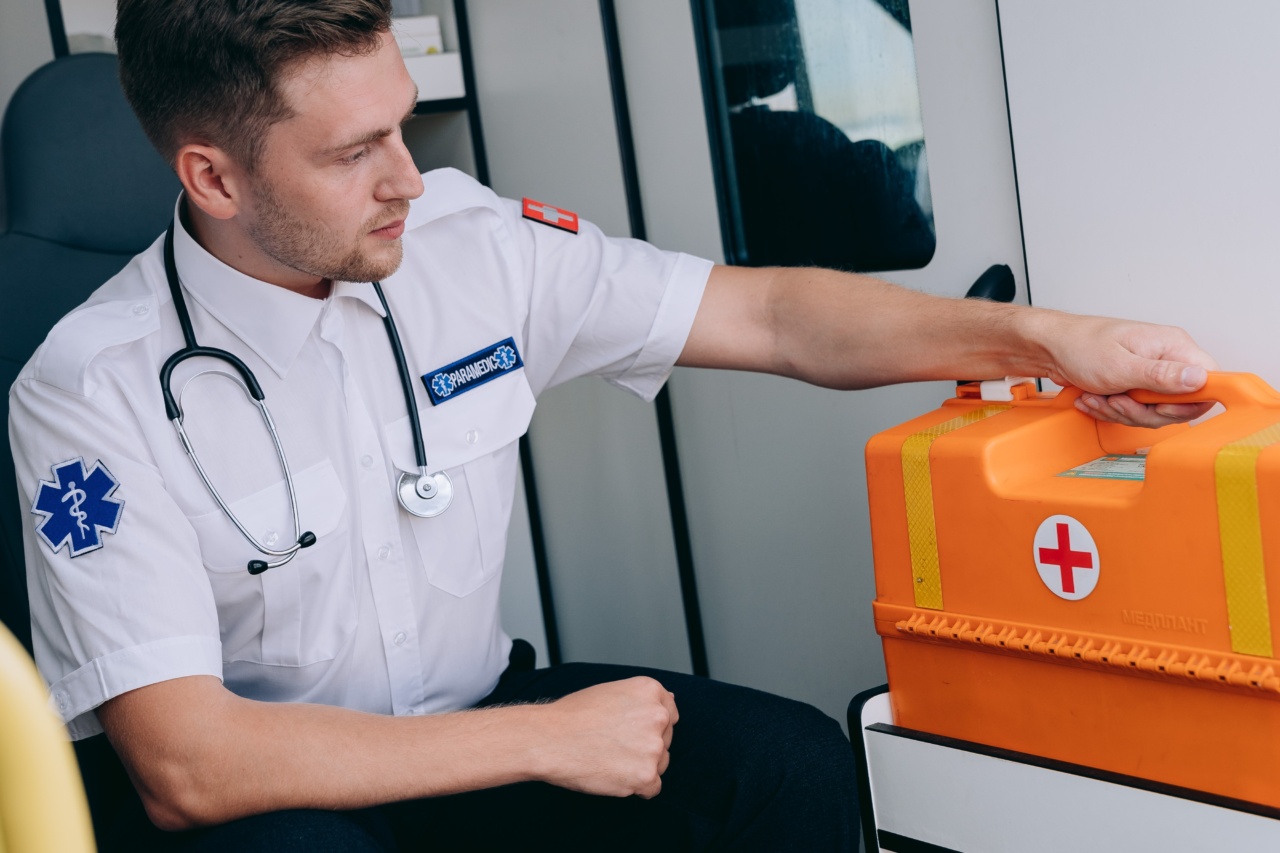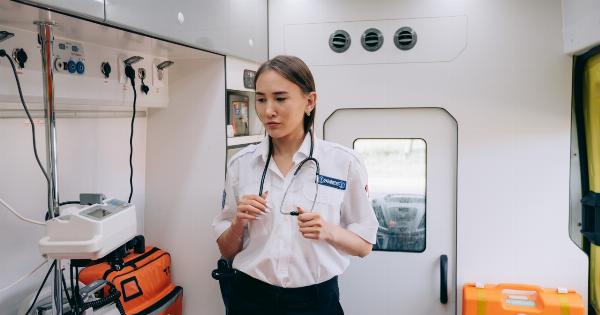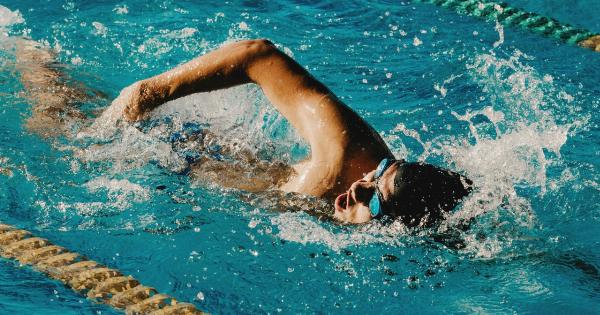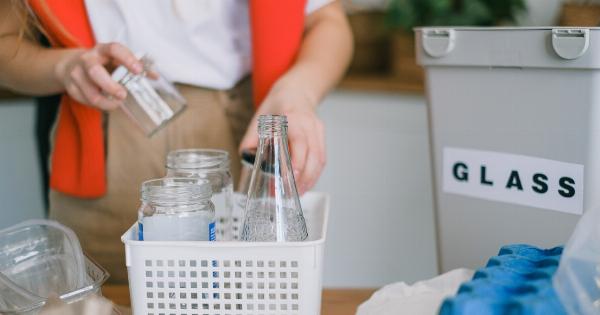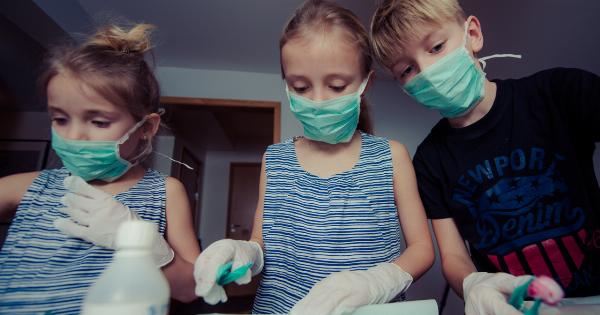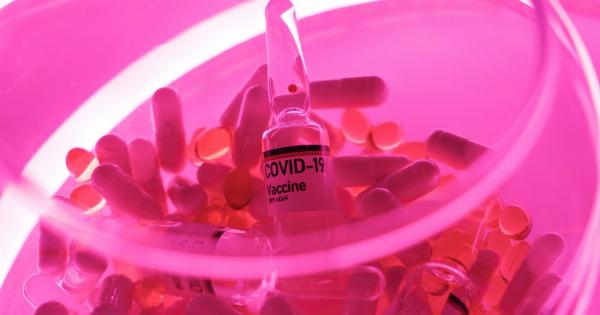When participating in a marathon, it is crucial to be prepared for any potential injuries or health issues that may arise.
Having a well-stocked and properly equipped first aid kit can make a significant difference in ensuring the safety and well-being of runners. In this article, we will explore the essential items that should be included in a marathon first aid kit, helping you to be prepared for any unforeseen circumstances during your race.
Bandages and Dressings
One of the most important components of a marathon first aid kit is a variety of bandages and dressings. These items can be used to cover wounds, cuts, or scrapes, protecting them from further contamination and aiding in the healing process.
It is recommended to have a mix of adhesive bandages, gauze pads, and adhesive tape to accommodate different types of injuries that may occur during a marathon.
Antiseptic Solutions
Another crucial element to include in your marathon first aid kit is antiseptic solutions. These solutions, such as hydrogen peroxide or antiseptic wipes, can be used to clean wounds and prevent infection.
Cleaning injuries promptly and thoroughly is vital to minimize the risk of complications and promote proper healing. Make sure to include an adequate supply of antiseptic solutions in your first aid kit.
Pain Relievers
A long-distance race like a marathon can take a toll on the body, leading to muscle soreness and discomfort.
It is essential to include pain relievers, such as ibuprofen or acetaminophen, in your first aid kit to help manage any pain or discomfort that may arise during or after the race. However, it is crucial to consult with a healthcare professional before taking any medication, as certain individuals may have specific contraindications or allergies.
Blister Care
Blister care is a vital aspect of marathon first aid. The constant friction and repetitive motion experienced during a long-distance run can lead to painful blisters.
It is crucial to include blister pads or moleskin in your first aid kit to protect and cover any blisters that may develop. Additionally, including antiseptic ointment or cream can help prevent infection and promote healing for existing blisters.
Tweezers and Scissors
Tweezers and scissors are essential tools to have in your marathon first aid kit. Tweezers can be used to remove splinters or debris from a wound, while scissors are useful for cutting tape, dressings, or medical tape.
Make sure to pack a small pair of both tweezers and scissors to assist with any necessary wound care and dressing changes.
Disposable Gloves
In a marathon first aid kit, it is crucial to include disposable gloves to ensure proper hygiene and prevent the spread of infections during wound care.
Disposable gloves provide a barrier between the responder and the injured person, minimizing the risk of cross-contamination. Pack a sufficient quantity of disposable gloves in your first aid kit to be prepared for any potential injuries.
Allergy Medication
Sudden allergic reactions can occur during a marathon, especially if a runner comes into contact with allergens they are sensitive to, such as certain plants or insects.
It is important to include allergy medication, such as antihistamines, in your first aid kit to manage allergic symptoms effectively. Make sure to consult with a healthcare professional and follow the recommended dosage instructions for the specific allergens you may be susceptible to.
Cold/Hot Packs
In a demanding physical activity like a marathon, participants may experience muscle strains or injuries along the way. Including cold and hot packs in your first aid kit can help address such issues.
Cold packs can be used to reduce swelling and inflammation in acute injuries, while hot packs can aid in soothing muscle soreness or stiffness. These packs are compact and easy to store in your first aid kit, making them essential for marathon runners.
Eye Drops
Eye drops may be necessary during a marathon, especially if runners wear contact lenses or face eye irritation due to dust, sweat, or other environmental factors.
Including lubricating eye drops in your first aid kit can provide relief and ensure proper eye care during the race. Choose eye drops that are suitable for contact lens wearers and consult with an eye care professional if you have specific concerns or conditions.
Emergency Contacts and Medical Information
While not an item per se, it is essential to include emergency contact information and relevant medical information in your marathon first aid kit.
In case of a severe injury or health issue, responders can quickly access important details, such as allergies, medications, and emergency contact numbers. Consider placing this information in a waterproof pouch or organizer within your first aid kit to keep it protected and easily accessible.
Conclusion
Having a well-prepared marathon first aid kit is crucial for ensuring the safety and well-being of runners during a race.
The items mentioned above, from bandages and antiseptic solutions to blister care and emergency contacts, are essential to include in your first aid kit. By being prepared with the necessary medical supplies, you can be confident in your ability to address any potential injuries or health issues that may arise during your marathon. Stay safe, stay prepared, and enjoy your race!.
